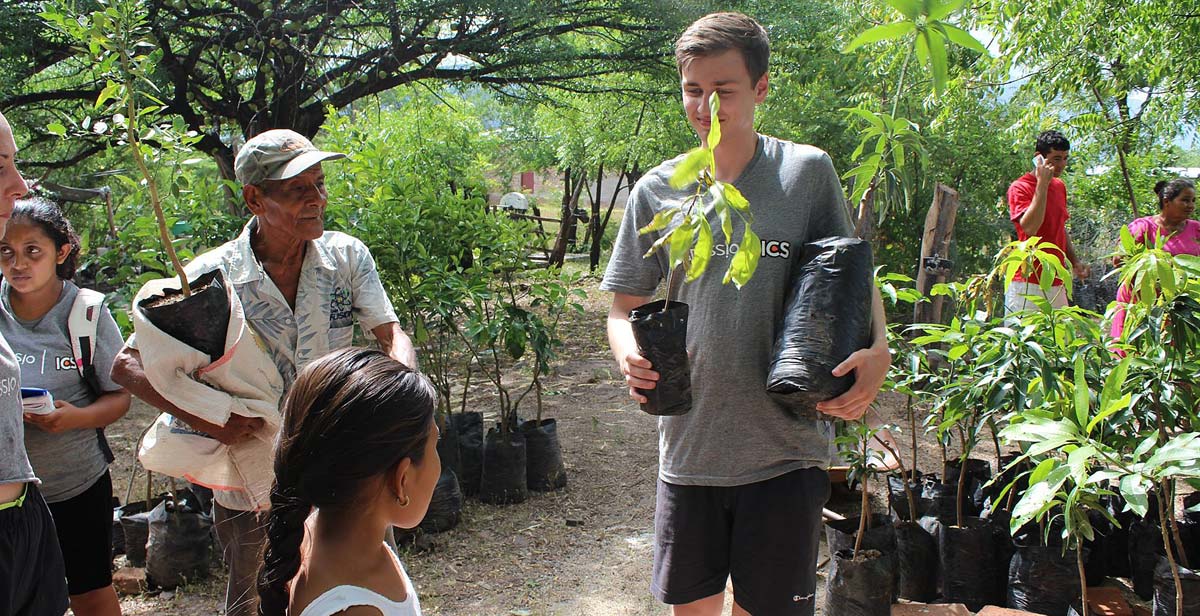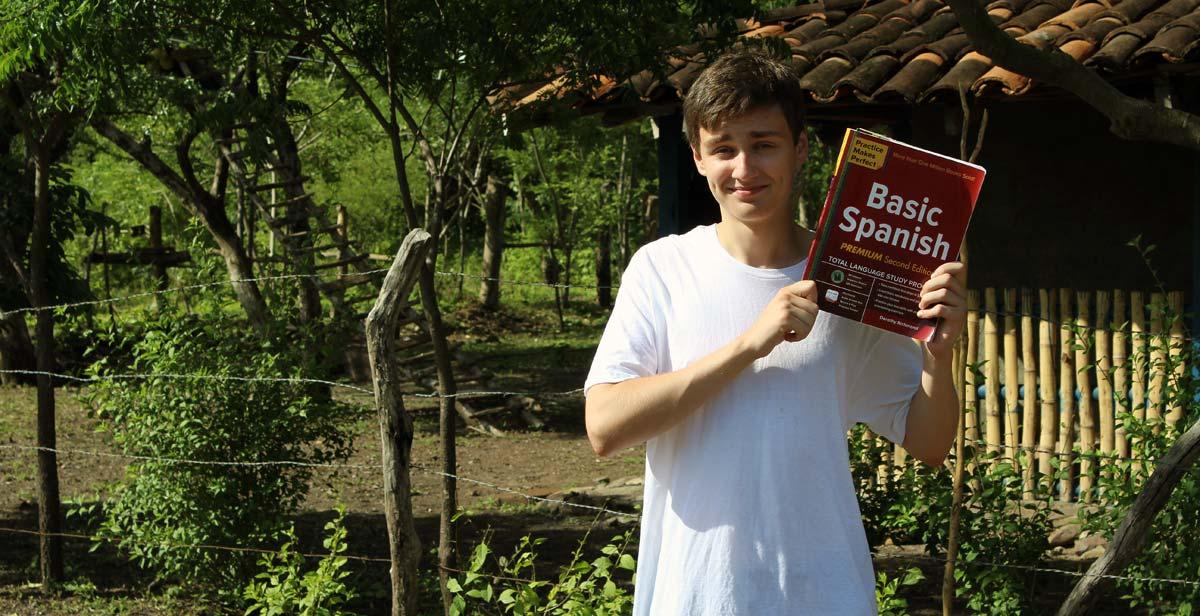You arrive in a Central American country for your Progressio ICS placement, full of enthusiasm. After stepping off the plane into the hot humid air, you have to pass through customs. The officer says something you don’t quite understand but you show your passport and smile, and before you know it you have officially arrived. Before you pick up your baggage, you realise all the complementary airline coffees have left you bursting. Seeing the nearest staff member, you ask where the toilet is - and smack head first into the language barrier. You try speaking English slower, louder and simpler but get nowhere. You even try “where is el toileto?”, but you are no closer to your goal. Regret sets in. You bought a Spanish workbook, a ‘Learn Spanish in 20 minutes’ audiobook and even downloaded Duolingo, but other things got in the way. Fundraising, packing, and seeing friends and family before you left took priority over practicing your verb tenses.
Language issues can be very frustrating. Not having a mutual language can slow down getting to know people, buying things in shops, and getting the information you need. Everything on your placement will take twice as long as it could due to translating, and some information will inevitably be lost in the process. It’s annoying wanting to ask someone something and simply not having the words to do so, and it can feel as if you are not getting the most out of the placement. It can also feel quite isolating being in a group of people whom you don’t understand. Despite this, there are ways to communicate.
Progressio provide a translator for each project, who is a life saver. As well as allowing you to understand the talks and training you will receive in Spanish, they can help you get to know the people around you. They also provide Spanish lessons, which will help you get by. If you have done any Spanish previously - even years ago at school - you will be amazed how quickly it comes back to you. Personally, I did a short basic Spanish course at university. In the first week of my placement, I felt as if I knew no Spanish at all. However, four weeks in and I feel able to have conversations and understand people much more than I expected.

Hands are better for asking for a pen than finding out your host families’ views on Daniel Ortega’s recent constitutional changes, but useful nonetheless. You will quickly become a charades master, and thumbs up are universal. Hand signals are also a good way to bond with your national volunteers, as they will enjoy laughing at the gringo waving his hands in the air.
The national volunteers are also keen to find ways to communicate, and I recommend putting on English lessons for them. These will not only give the local volunteers vocab to talk with, but will give you a chance to improve your Spanish at the same time. You will find that you can develop friendships and bond with people even with limited Spanish and the local volunteers are just as interested in trying to talk as you are.
Your team will most likely know varying amounts of Spanish, and those with more knowledge can help you out. As a group, you will push each other to learn in classes as well as assist each other in conversations. Usually you can get an idea across in Spanish, even if it takes a few people. Although at first many of us were intimidated by the language barrier, we now feel able to get by, and it can be a fun challenge to try and communicate ideas in another language.
Saying all of this, having a basis of the language before the placement is very useful. The more you can talk to people in the community, the more you will get out of the placement.Getting the basics down will give you a foundation to learn faster and improve your experience hugely.
Written by ICS volunteer Fergus Brown



